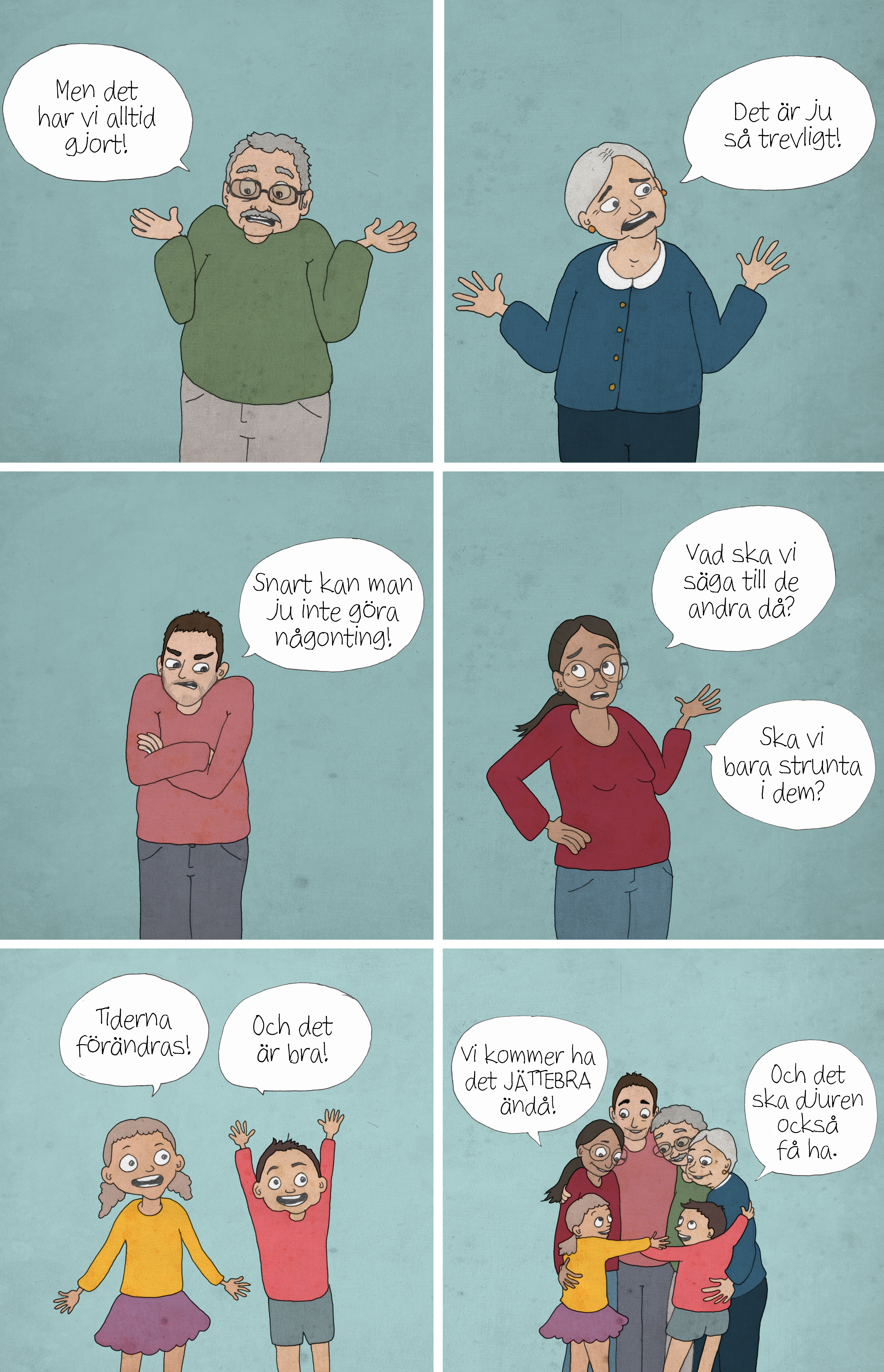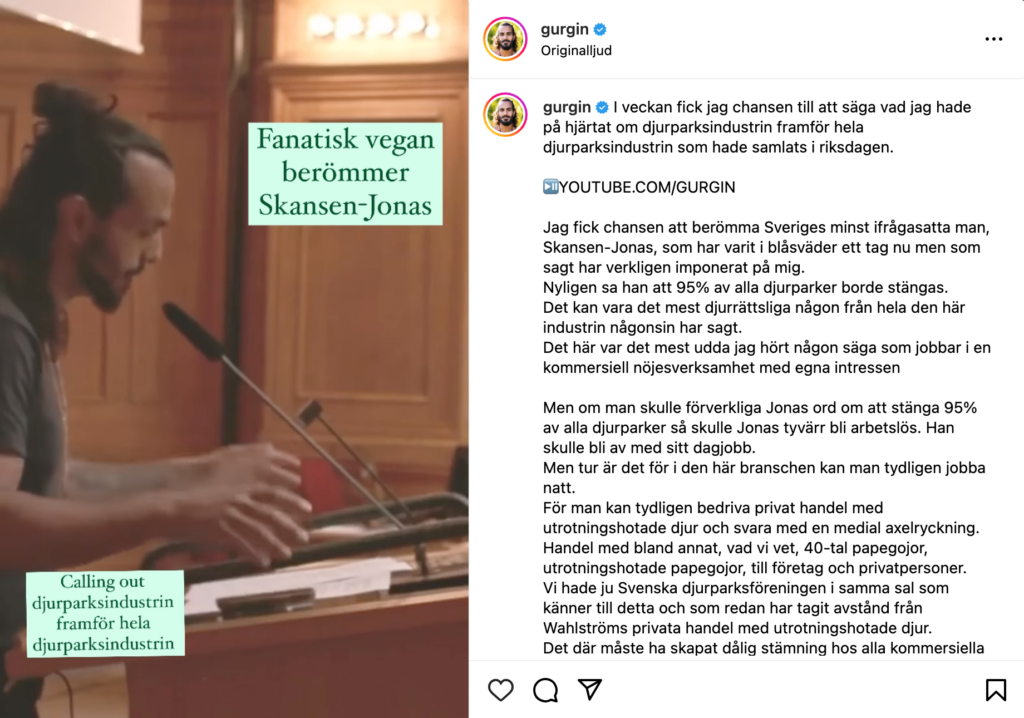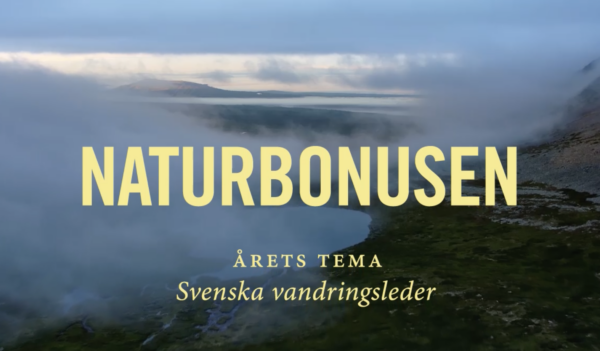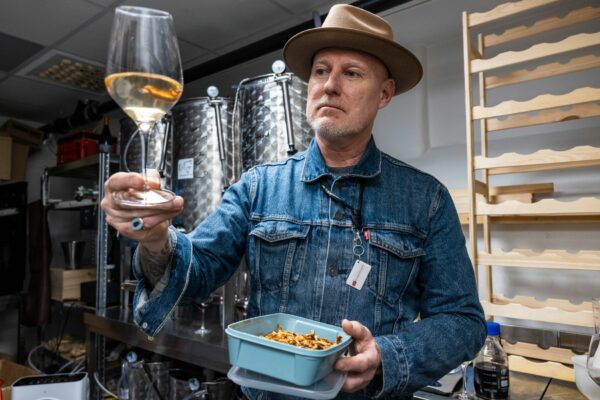World Animal Protection works to ensure that wild animals can live freely in their natural habitats without being exploited by humans in any way. Therefore, displaying wild animals for profit is completely unacceptable. For wild animals that, for some reason, struggle to survive in the wild, animal-friendly reserves and wildlife parks can be an alternative. In such cases, the animals must be treated with respect and provided with favorable conditions to exhibit their natural behavior.
For many people, visiting a zoo is a natural part of their vacation. Unfortunately, not all zoos provide a good living environment for the animals. Therefore, World Animal Protection has created The Zoo Guide – a guide to help people make more informed decisions about whether you should visit a zoo, and and to encourage people to find animal friendlier activities.
Based on The Zoo Guide we wanted to urge people to speak about zoos with their friends and family – aka “Take the zoo conversation!”. We believe that most people genuinely care about the well-being of animals, but sometimes things go wrong regardless. By discussing the situation of animals in Swedish zoos, awareness increases, and more people can choose animal-friendly alternatives.
To spread the word about The Zoo Guide and “Take the zoo conversation!”, we initiated a collaboration with talented @hejhejvardag, who created a comic strip on the theme. This was later distributed to a group of influencers in Sweden to encourage to speak about zoos with their friends and family and share the initiative in their channels.

World Animal Protection also organized a seminar in the Swedish parliament to address the future of zoos. We invited a notable guest speaker to the event, the renowned climate activist Gurgîn Bakircioglu, who provided valuable insights on the subject. The seminar was attended by representatives from all political parties, except for Centerpartiet and Moderaterna. There was a consensus among all participating parties that the primary purpose of zoos should not be entertainment, but rather the preservation and assistance of endangered species. Additionally, nearly all parties agreed that transporting exotic animals to the Nordic climate in Sweden should be avoided whenever possible, and efforts should instead be focused on supporting the animals in their native habitats.


